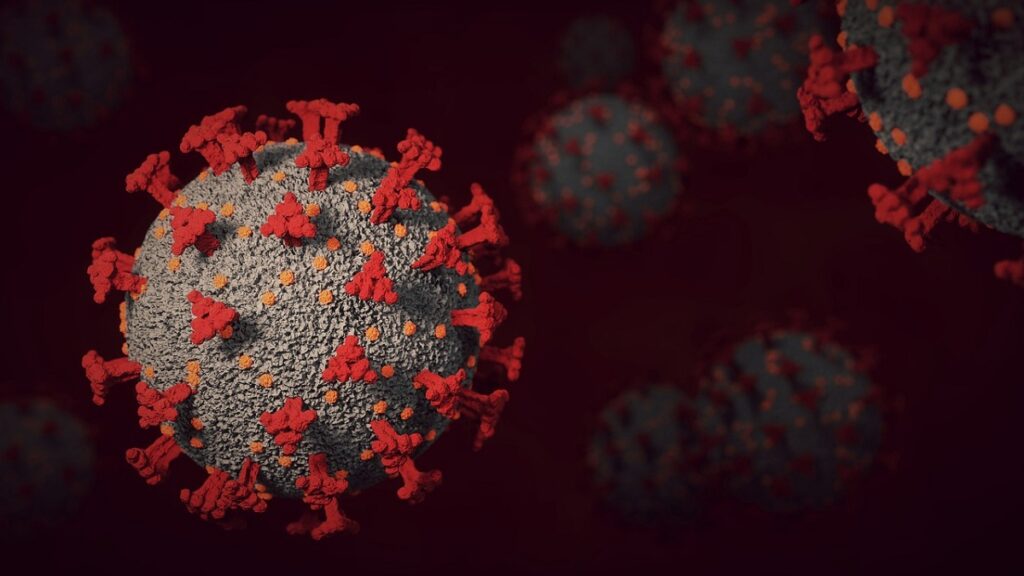A subvariant of Omicron by the name of BA.2.75.2 is the most recent strain of COVID-19 causing concern. This variant has already developed the ability to resist the immunity offered by existing vaccinations and is resistant to many of the antiviral medications now on the market.
Cases have been recorded in approximately 47 nations and 39 U.S. states, where it still accounts for a tiny fraction of COVID-19 instances (less than 1%).
Unofficially dubbed “Centaurus” on Twitter, the variant has been “singled out” by the World Health Organization (WHO) as “the World Health Organization “‘an Omicron subvariant under monitoring’ which means that health officials should prioritize tracking cases in order to hopefully prevent surges in infections,” reports TIME.
“It’s not surprising that we’re seeing changes that yet again help the virus to evade immune responses,” says molecular epidemiologist Emma Hodcroft of the University of Bern. SARS-CoV-2 faces “the same challenge that things like the common cold and influenza face every year—how to make a comeback,” she added.
How scientists are addressing new COVID variants
To determine how effectively the antibodies can prevent the variations from infecting cells, researchers produce replicas of the spike proteins of the viruses and expose them to monoclonal antibodies or human sera. This allows them to swiftly assess how well each new subvariant may elude protection.
Using this information, scientists in Sweden and China discovered the spike protein from BA.2.75.2 can successfully escape almost all of the monoclonal antibodies used to treat COVID-19, raising the possibility these therapies may become ineffective.
Immunologist Ben Murrell at the Karolinska Institute carried out research using serum samples from 18 blood donors. With his team, he learned the most neutralization-resistant version tested to far, BA.2.75.2, was neutralized on average at titers around 6.5 times lower than BA.5.
“This is the most resistant variant we’ve ever evaluated,” says Karolinska virologist Daniel Sheward.
Similar results were found by immunologist Yunlong Richard Cao at Peking University, whose team tested blood samples from 40 people vaccinated with three doses of CoronaVac.
“The scale of immune evasion has never been seen before, and the virus is still rapidly evolving,” Cao says. “It’s very bad.”
Dr. Stuart Ray, vice chair of medicine for data integrity and analytics at Johns Hopkins Department of Medicine, told Fortune that COVID is always mutating to become more immune evasive, while Omicron is procreating exponentially.
He said he wouldn’t be shocked to see a completely new variety coming fall.




